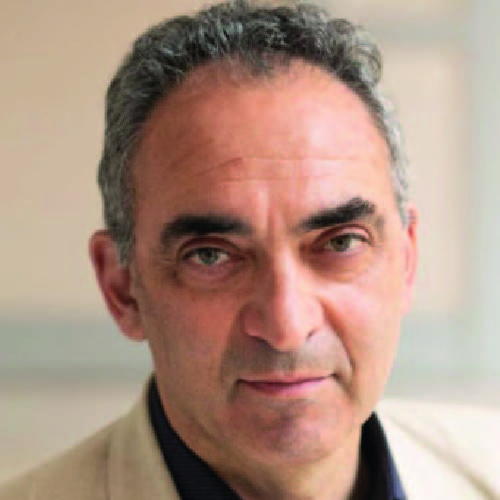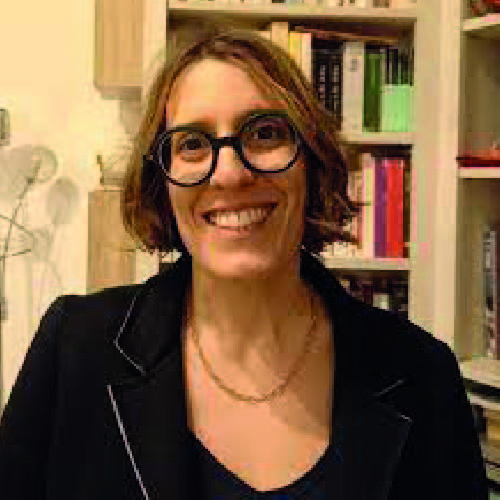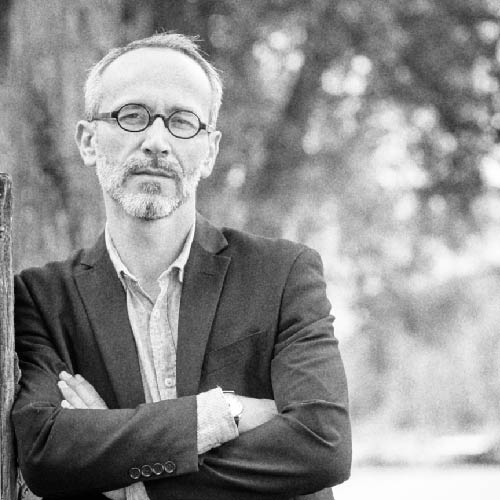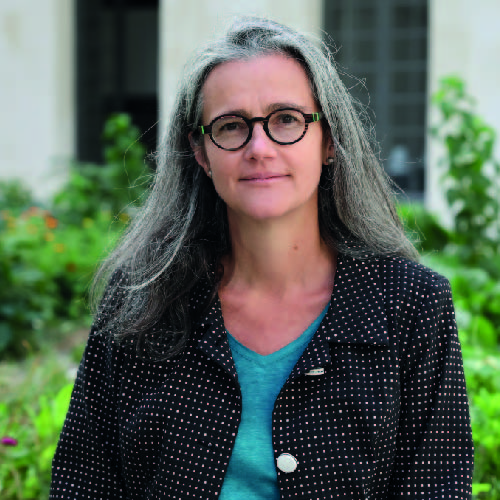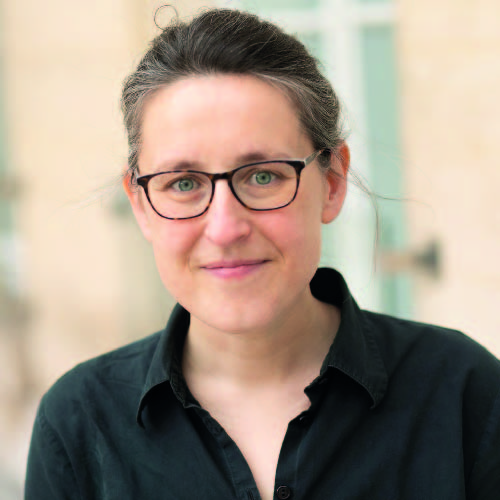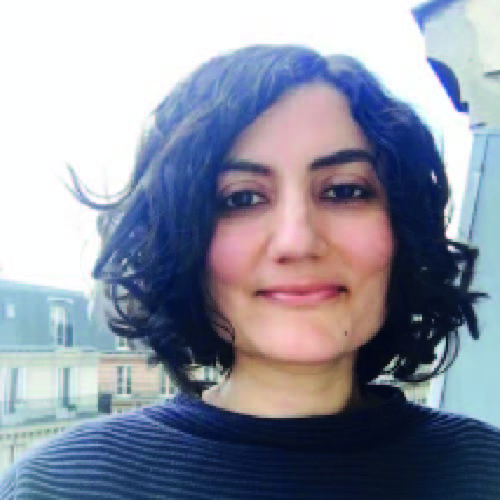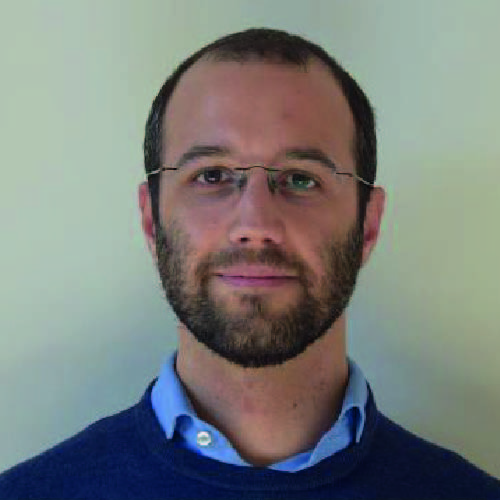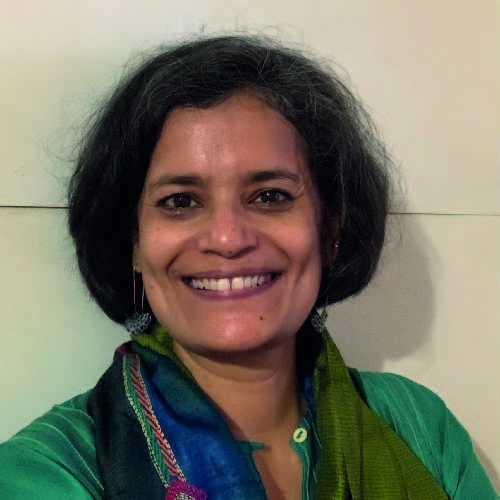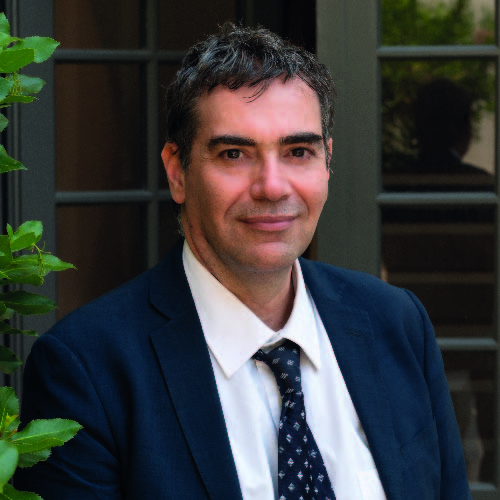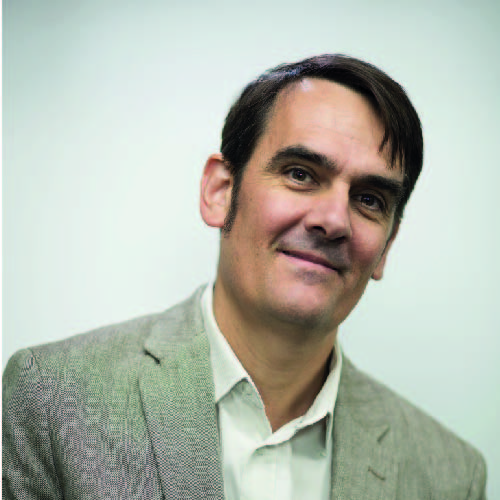AESOP 2024 ANNUAL CONGRESS | EVENING EVENT
36th AESOP Annual Congress 2024 Paris, France
“GAME CHANGER? Planning for just and sustainable urban regions”
Event Evening 05
Transnational Urban Projects within Cultural Heritage Areas: Exploring assemblages, intersections, and transformations
Organizers:
- Davide Ponzini, Politecnico di Milano, Dept. of Architecture and Urban Studies
- Laura Lieto, Federico II University of Naples, Dept. of Architecture
- Matteo Basso, IUAV Venice
- Zachary Mark Jones, Politecnico di Milano, Dept. of Architecture and Urban Studies
Speakers:
- Nadia Alaily-Mattar, TU Munich
- Alain Bourdin, Paris Est University
- Maria Gravari-Barbas, Paris Sorbonne Pantheon University
- Matthias Ribb, Organization of World Heritage Cities; Woxsen University
- Joanna Sanetra-Szeliga, Krakow University of Economics; UNESCO Chair for Heritage and Urban Studies
- Olivier Sykes, University of Liverpool
- Alain Thierstein, TU Munich
- Giulio Verdini, University of Westminster
Cultural heritage has become a key asset in enhancing the image, tourist attractiveness, and retail appeal of an area, city, or even an entire region. While the insertion of large-scale projects in these areas promises the physical conservation, restoration, or promotion of cultural heritage, they often come at the expense of the authenticity of places, their local communities, uses, and cultural meanings. Today large-scale projects are generally expected to be driven by high-level technical expertise and the global experience of transnational firms. However, this approach can be ineffective due to conflicting planning powers at different levels, inconsistent visions, regulatory short-circuits, local activism and antagonism, and other Zontingent reasons. In fact, little is known about how these projects interact with localized processes of urban transformation or the appreciation of cultural heritage. There can also be stark frictions that occur between the organizations and institutions involved in the design, conservation, and decision-making processes.
This matter is quite relevant in policy practice in Europe, the region with the highest number of UNESCO World Heritage Sites as well as substantial urban investments at stake, from the supranational level to the local.
This Special Session invites submissions that use new theories, approaches, and methodologies like transnational urbanism, assemblage theory, actor-network theory to:
- discuss typical assumptions regarding the role of transnational actors and projects in heritage;
- rich cities (from the EU and UNESCO, to star architects, to national heritage preservation bodies, to the local government);
- question the long-term impacts of such projects in terms of heritage accessibility and appreciation, touristification, and gain/loss of cultural value;
- present evidence through case studies of large-scale projects in heritage sites (UNESCO WHS especially);
- discuss potential policy implications at different levels in terms of good practice, guidelines, and ongoing and future reforms in planning and heritage policy.
The Special Session stems from an ongoing PRIN PNRR project regarding Italian cities. We are particularly interested in researche and evidence from multiple European countries. The collected papers will be selected and further developed in order to contribute to an edited volume proposal, with submission planned for 2025 to a major publisher (e.g. Routledge).
References:
Gravari-Barbas, M. (2020). The Challenges of Star Architecture in Historic Cities: The Case of the Acropolis Museum in Athens. In About Star Architecture, pp. 267-289. Cham: Springer.
Lieto, L., Beauregard, R.A. (Eds.). (2015). Planning for a Material World. London: Routledge.
Ponzini, D. (2020). Transnational Architecture and Urbanism: Rethinking How Cities Plan, Transform, and Learn. London: Routledge.
Rydin, Y., Beauregard, R., Cremaschi, M., Lieto, L. (Eds.2021) Regulation and Planning: Practices, Institutions, Agency. London: Routledge.
Keywords: Cultural Heritage; Historic City; Transnational Urbanism; Assemblage; Large-scale Projects
LOC
The Local Organising Committee
